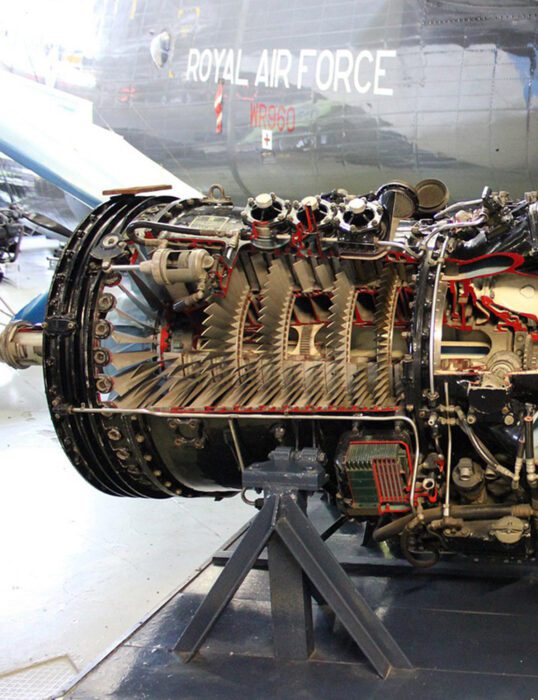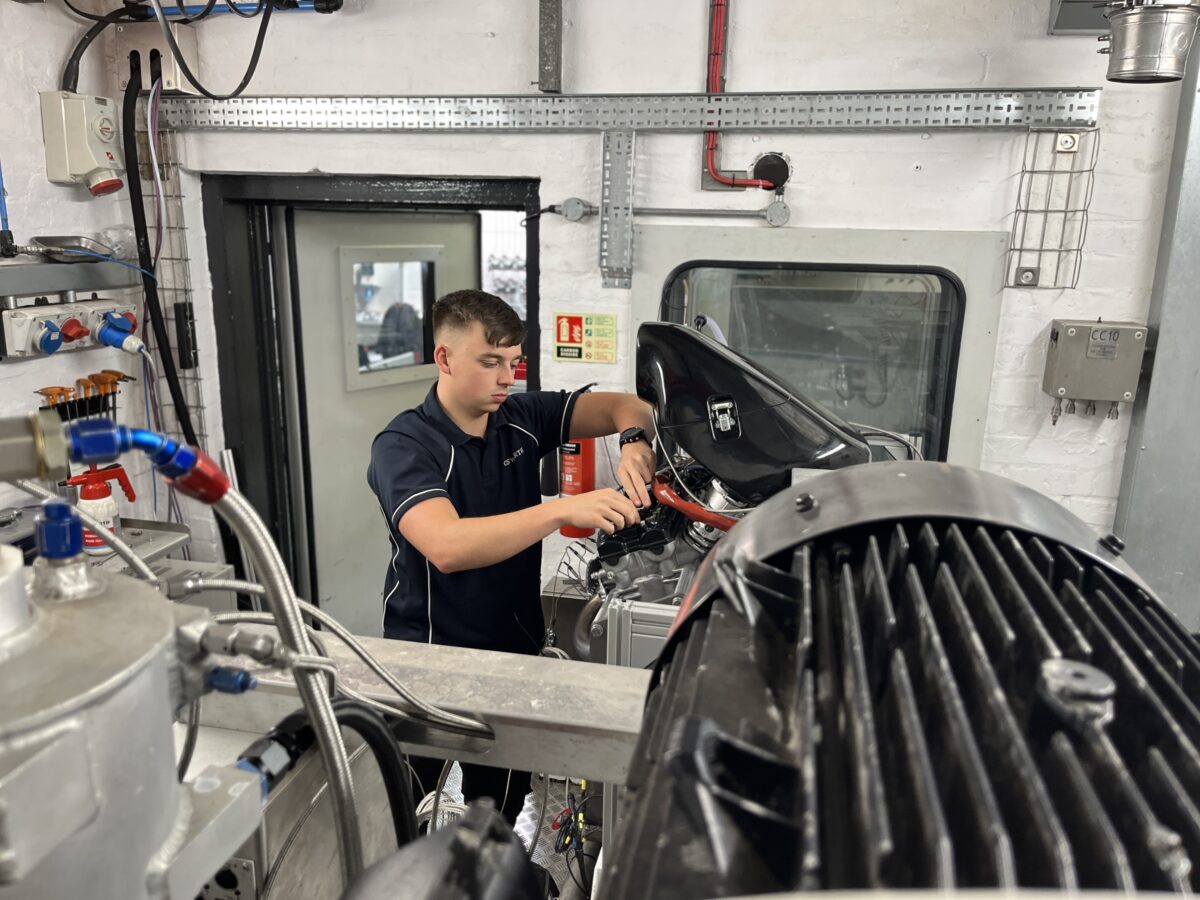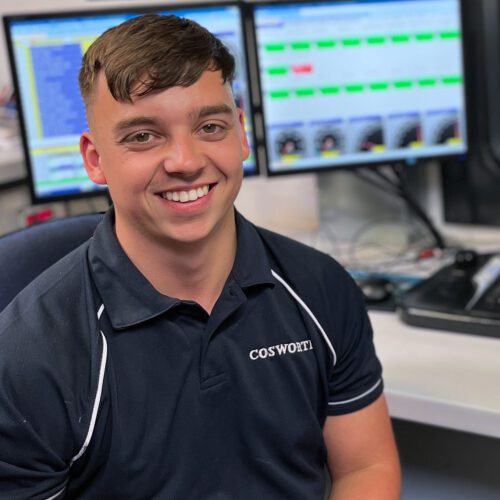Propulsion technicians play a critical role in the engineering and design of propulsion systems, typically for the automotive, marine, and power equipment sectors. However they can also support the development of new and alternative technologies for other applications, including manufacturing and assembly processes.
Propulsion is a force that pushes something forward. A propulsion system – like an engine in a car, boat, or space ship – combines mechanical power with a propulsor. The propulsor converts mechanical power into a forward moving force.




